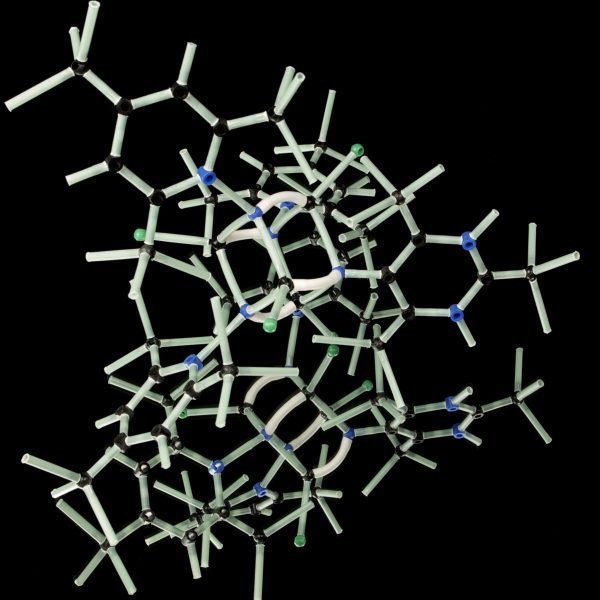Warm Ants: Climate Change and New England Ants
 What does global warming look like through the eyes of an ant? Aaron Ellison, senior fellow in Harvard University’s Harvard Forest and co-author of the recent book, A Field Guide to the Ants of New England, answers this question in the final pages of his book. Along with Nicholas J. Gotelli, Elizabeth J. Farnsworth and Gary D. Alpert, Ellison believes that an understanding of ants provides us with valuable insight into the environmental changes taking place today. Don’t believe him? Watch as he explains why in the following video:
What does global warming look like through the eyes of an ant? Aaron Ellison, senior fellow in Harvard University’s Harvard Forest and co-author of the recent book, A Field Guide to the Ants of New England, answers this question in the final pages of his book. Along with Nicholas J. Gotelli, Elizabeth J. Farnsworth and Gary D. Alpert, Ellison believes that an understanding of ants provides us with valuable insight into the environmental changes taking place today. Don’t believe him? Watch as he explains why in the following video:
[youtube=http://www.youtube.com/watch?v=BQekLRwNpjc]
As nature’s “garbage collectors” and as soil-aerators, ants are absolutely crucial in keeping nature running. In the preface to A Field Guide to the Ants of New England, the writers describe them as “some of the most important actors in the ecological theater.” In fact, if you place all the ants in the world on one side of a scale, and all the other animals on the other side, the scale would tip toward the ants. By decomposing organic matter, dispersing seeds and turning over soil, ants serve an indispensable role in Earth’s ecosystems.
It doesn’t hurt that they’re fascinating to observe as well. The writers declare, “[ants] are downright spectacular when viewed through a hand lens or a dissecting microscope. The ant fauna of New England displays a stunning variety of sizes, colors, sculpturing, armor, ornamentation, and hairiness. In brief, ants are beautiful.”
So what’s going to happen to our minuscule friends when temperatures rise over the next 100 years? First, the writers suggest, existing species may shift northward—a future edition of this book might even have to be renamed A Field Guide to the Ants of Northern Quebec. On the other hand, these projected range shifts may not even happen: ants have enormous potential for evolutionary change, so “we can expect natural selection to quickly fill the void because genes promoting enhanced heat tolerance will quickly spread through a rapidly evolving population.”
In other words, ants have a much better chance at surviving climate change than we do. Ellison, Gotelli, Farnsworth and Alpert end on a sobering note: “long after we are gone, the ants of New England will certainly still be here.”




